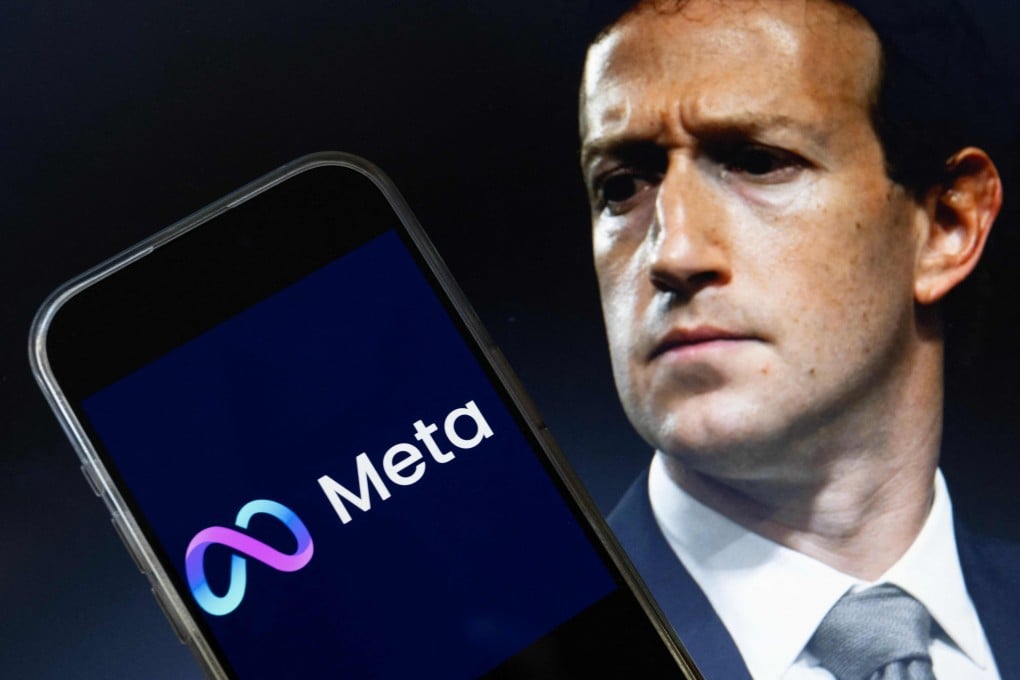Letters | As Meta reins in fact-checking, individuals must step up
Readers discuss the removal of fact-checking programmes from social media, Donald Trump’s expansionist agenda, and child-safe phones

Controlling the story to influence public opinion is nothing new. In the 1920s, Edward Bernays marketed cigarettes as symbols of freedom, their health risks notwithstanding. In the 1970s, Richard Nixon’s White House attempted to frame an investigation into the Watergate scandal as a witch hunt. Investigative journalism ultimately prevailed then, showing that truth could hold power accountable.
Today, trust in information sources is low. A 2022 Pew Research survey found that less than 30 per cent of US adults had a great deal of trust in national news. Political leaders exploit this vacuum, shaping stories for their gain. Perception, not fact, has become the battlefield and repetition often overpowers truth.
Social media platforms are amplifying this problem, rewarding engagement with sensationalism and polarising content. A 2018 Massachusetts Institute of Technology study found that fake news spreads much faster than the truth. This only deepens societal divisions.
